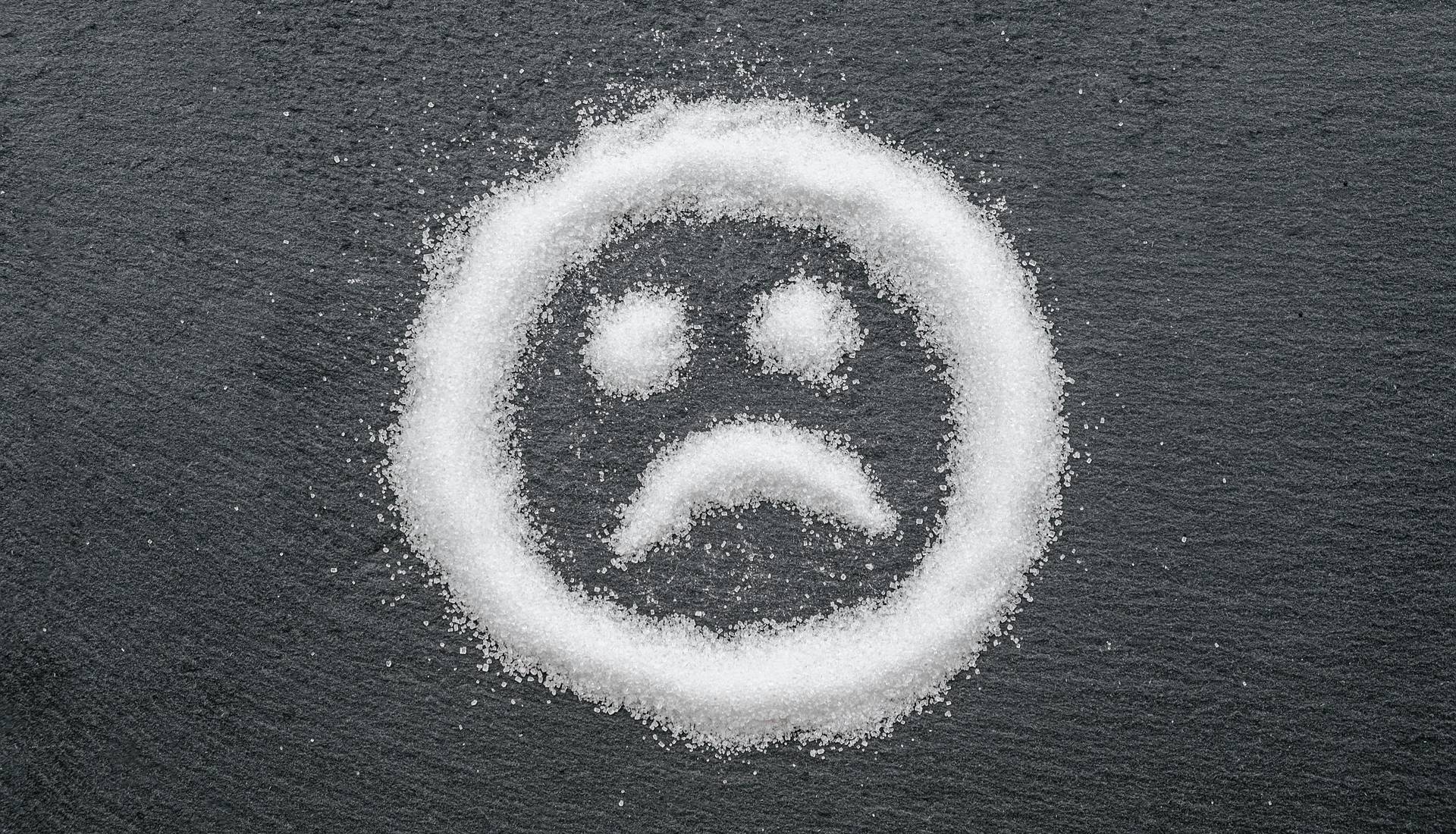Artificial Sweeteners: A Sweet Substitute or Worse?

PREMIUM CONTENT for MEMBERS ONLY
Sugar, in its many forms, provides fuel for the brain and body through calories, making it a necessary part of the human diet. Sugar activates the reward pathways in our brain that get excited about incoming energy, causing humans and other creatures to have evolved to enjoy sweet things, making it no surprise sugar cravings are so common. Even though certain amounts of glucose, sucrose and other forms of sugar are important for human function, excess amounts have been shown to lead to weight gain and obesity -related illnesses such as type 2 diabetes and metabolic syndrome. In an effort to find a low to zero calorie alternative to sugar, artificial sweeteners, or more appropriately called non-nutritive sweeteners (NNS) have been developed, including saccharin, sucralose, aspartame, and acesulfame potassium. Although our taste buds may be tricked when tasting the sweetness these non-nutritive sweeteners provide, our gut microbes, pancreas and brains process artificial and real sugars differently. In fact, depending on the type, recent research has shown that NNS can influence the trillions of microorganisms that reside in our gut and regulate our blood sugar levels by altering the microbiomes of human consumers.
“Although we may not be able to tell the difference between artificial and real sugars, our brains and bodies are able to detect the microscopic difference between substances based on the different neurological pathways they activate.”
Non-nutritive sweeteners are found in a wide array of mostly processed foods and beverages such as diet soda, gum, pastries and candies. Depending on individuals’ health and dietary backgrounds, they may choose to consume these sweeteners for a variety of reasons such as weight loss, high blood pressure, dental care as well as the occasional individual who actually prefers the taste over real sugar. Although we may not be able to tell the difference between artificial and real sugars, our brains and bodies are able to detect the microscopic difference between substances based on the different neurological pathways they activate. Sugar consumption activates the reward pathways in our brains, which is why we like sweet things so much, but NNS only partially activate them because they are lacking actual energy in the form of calories that real sugar does. Without fully activating these pathways, our brains won’t trigger our pancreas to produce insulin which can cause feelings of dissatisfaction and can actually make sugar cravings increase later on, causing us to eat more in order to consume the calories needed for energy.
“…the microbiota in our gut, which helps break down the food we eat, actually become less able to break down complex carbohydrates when exposed to large amounts of NNS.”
Not only do our brains react differently to these no-nutritive sweeteners compared to sugar, but our digestive systems also react in a different way. Studies conducted on mice have shown that the microbiota in our gut, which helps break down the indigestible components of foods we eat, actually become less able to break down complex carbohydrates when exposed to large amounts of NNS. This can cause major issues because the inability to break down fiber and other large molecules impacts the amount of nutrients our bodies are able to take out of the food we eat.
“The researchers found that each sweetener changed the composition and function of the microbiome in their own way during the two week consumption period.”
A controlled trial conducted by investigators at the Weizmann Institute of Science and published in the prestigious journal Cell observed the effects of non-nutritive sweeteners on human health. The researchers carefully chose 120 participants who mostly avoided consumption of artificial sweeteners on a daily basis to observe how the brain and gut were affected. Participants in four of the six groups received standardized quantities of saccharin, sucralose, aspartame, or stevia that were below the recommended daily consumption while the other two groups acted as controls and continued to avoid all NNS in their diets. The researchers found that each sweetener changed the composition and function of the microbiome in their own specific way during the two week consumption period. They also found that two of the sweeteners, saccharin and sucralose, strongly altered glucose tolerance in the participants, which could contribute to metabolic disease. Conversely, no changes were found in microbiome or glucose tolerance amongst the two control groups, solidifying the evidence of the effect from consuming non-nutritive sweeteners.
“…artificial sweeteners do indeed impact the microbiome in a very subjective way given the unique composition of each person’s microbiome.”
After the two week human trial, the researchers injected stool samples containing microbes from 40 participants, some whose glucose tolerance was most affected and others whose were only minimally affected, into germ-free mice. They found that the recipient mice showed patterns of glucose tolerance similar to the stool donors The main finding was that different sweeteners affected the abundance of specific species of gut bacteria, their function, and the metabolites they secrete into the bloodstream in different ways, solidifying evidence that NNS do indeed impact the microbiome in a very specific way given the unique composition of each person’s microbiome. The lead scientist, Eran Elinav of Weizmann’s Systems Immunology Department concluded, “These findings reinforce the view of the microbiome as a hub that integrates the signals coming from the human body’s own systems and from external factors such as the food we eat, the medications we take, our lifestyle and physical surroundings”.
“…it is important to note the variability of consequences these NNS can have on the brain, the gut and the glucose metabolism.”
Although the effects of NNS require further research to make any solid conclusions, it is important to note the variability of consequences these non-nutritive sweeteners can have on the brain, the gut and the glucose metabolism. Current research concludes that consuming excess amounts of NNS, especially as a total replacement to sugar, can be dangerous due to the differences in how our brains and bodies process the two substances. The main danger of consuming excess amounts of NNS lies in their ability to impair glucose responses and cause problems digesting real sugars due to the altering affects it has on the microbiome. All excess sugar consumption, real and fake, has deleterious consequences, so until more concrete evidence is found it is best to consume both in moderation.

Juliette Frank is a recent UCLA graduate with a degree in Public Affairs and Food Studies. Her interests include the interrelation between food systems, digestive health, and the environmental impacts of food production.
✓ This article was reviewed and approved by Emeran Mayer, MD